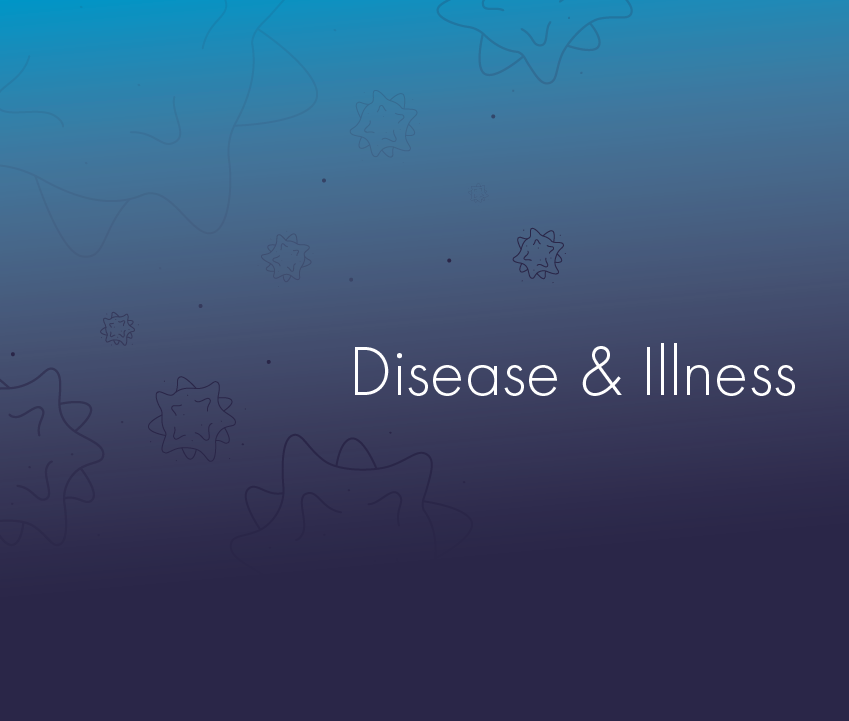Algoma Public Health
Dientabmoeba fragilis
What is Dientamoeba fragilis?
Dientamoeba fragilis is a parasite that lives in the large intestine of humans. Infection is common worldwide, including in the United States.
What are the symptoms of infection with Dientamoeba fragilis?
Many infected people do not have any symptoms. The most common symptoms are diarrhea, stomach pain, and stomach cramping. Loss of appetite and weight, nausea, and fatigue also are common. The infection does not spread from the intestines to other parts of the body.
Contact Us!
Sault Ste. Marie: 1-866-892-0172
Blind River: 1-888-356-2551
Elliot Lake: 1-888-211-6749
Wawa: 1-888-211-8074
What should I do if I think I might be infected?
See your health care provider.
How is infection with Dientamoeba fragilis diagnosed?
Your health care provider will ask you to provide stool samples for testing. Because the parasite is not always found in every stool sample, you might be asked to submit stool samples from more than one day. You might also be tested for pinworm eggs, which are commonly (but not always) found in persons infected with D. fragilis.
Is medication available to treat infection with Dientamoeba fragilis?
Yes. Safe and effective medications are available for D. fragilis and pinworm infections.
How did I get infected with Dietamoeba fragilis?
This question is difficult to answer because we aren’t sure how D. fragilis is spread. The
parasite is fragile and probably cannot live very long in the environment. Infection might be spread by:
- Accidentally swallowing pinworm eggs (which might protect this fragile parasite) or the eggs of other parasite.
- Swallowing something, such as water or food, or touching (and bringing your fingers to your mouth) something contaminated with stool from someone infected with D. fragilis.
Who is at greatest risk for infection?
Anyone can become infected with this parasite. However, the risk for infection might be higher for people who live in or travel to settings with poor sanitary conditions or who have weak immune systems.
How can I prevent Dientamoeba fragilis infection?
- Wash your hands with soap and warm water, especially after using the toilet, changing baby diapers, and before preparing foods.
- Teach children the importance of washing hands to prevent infection.
Date of Creation: June 1, 2015
Last Modified: June 1, 2015










